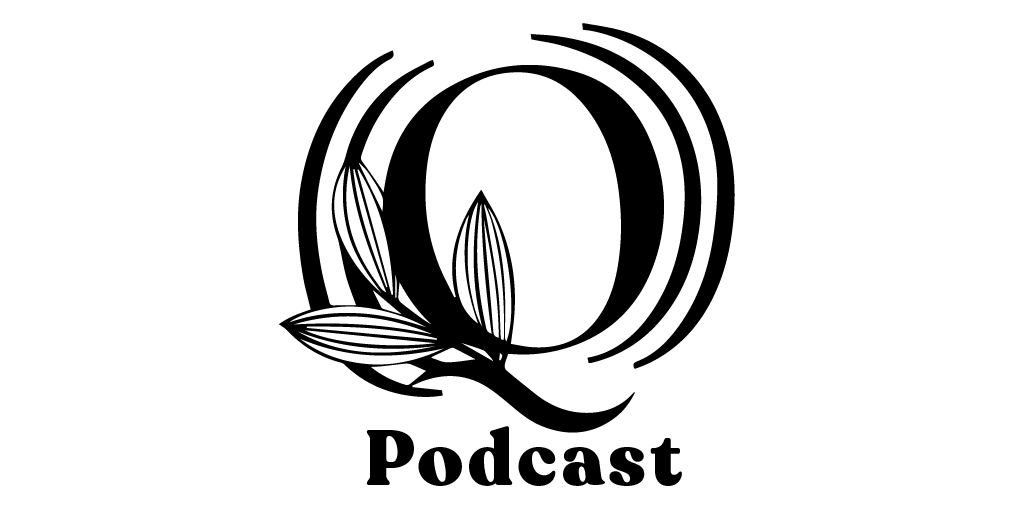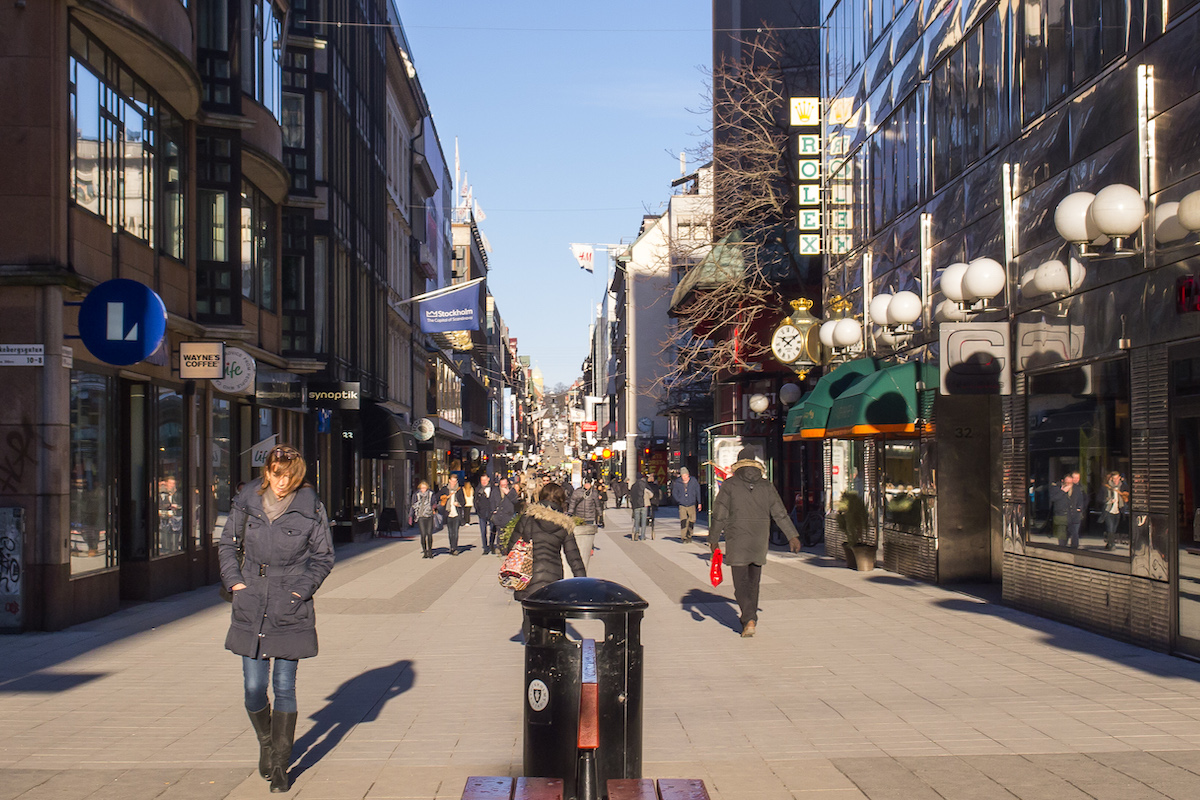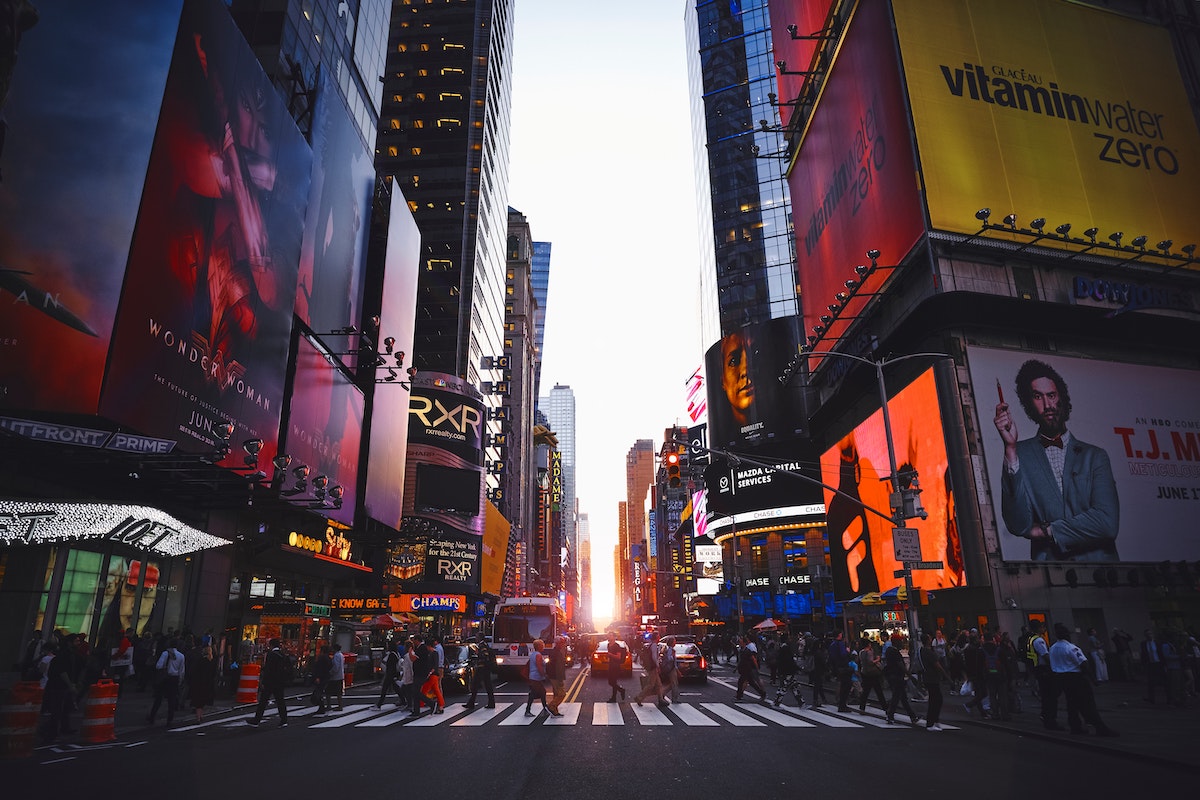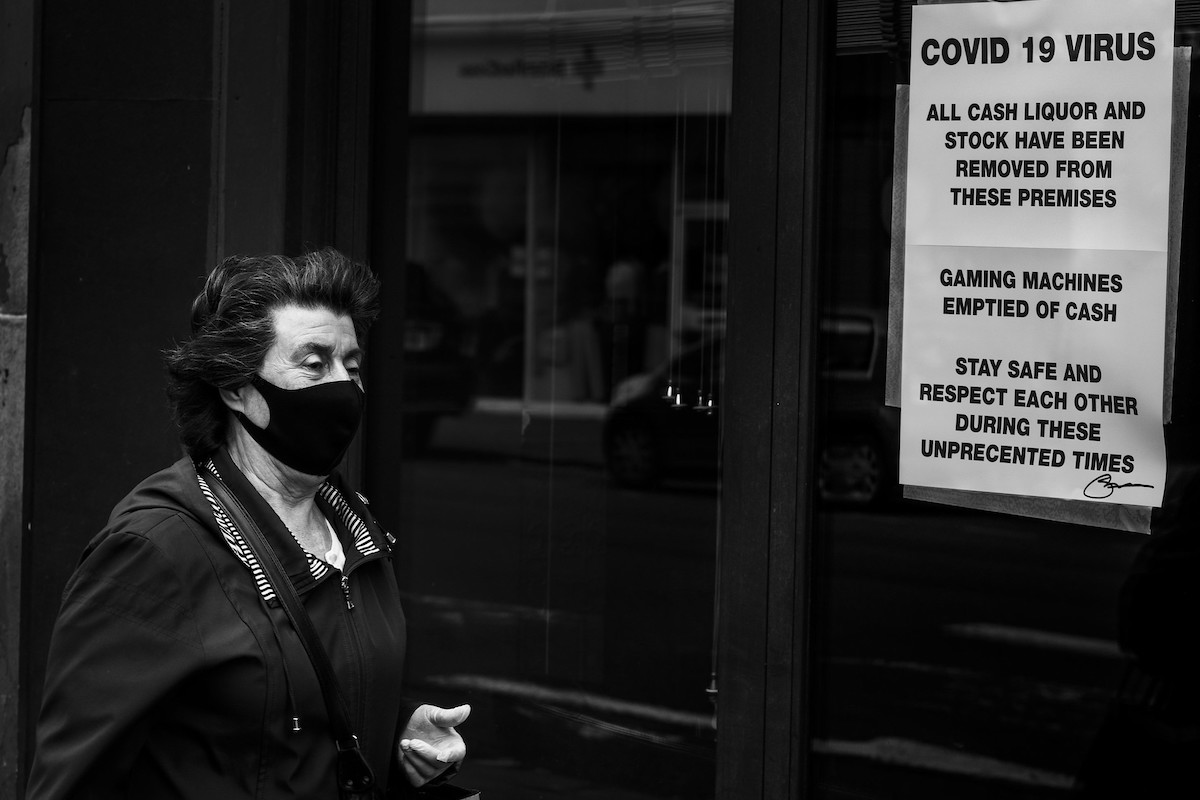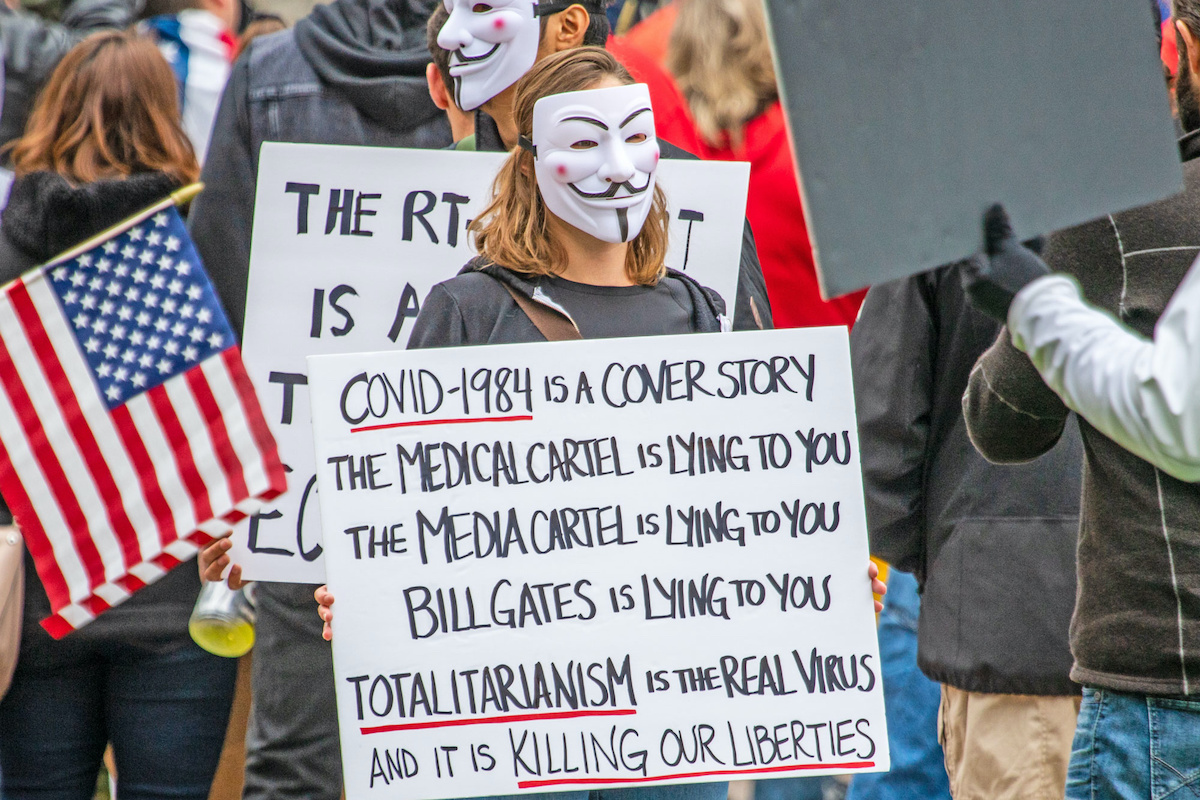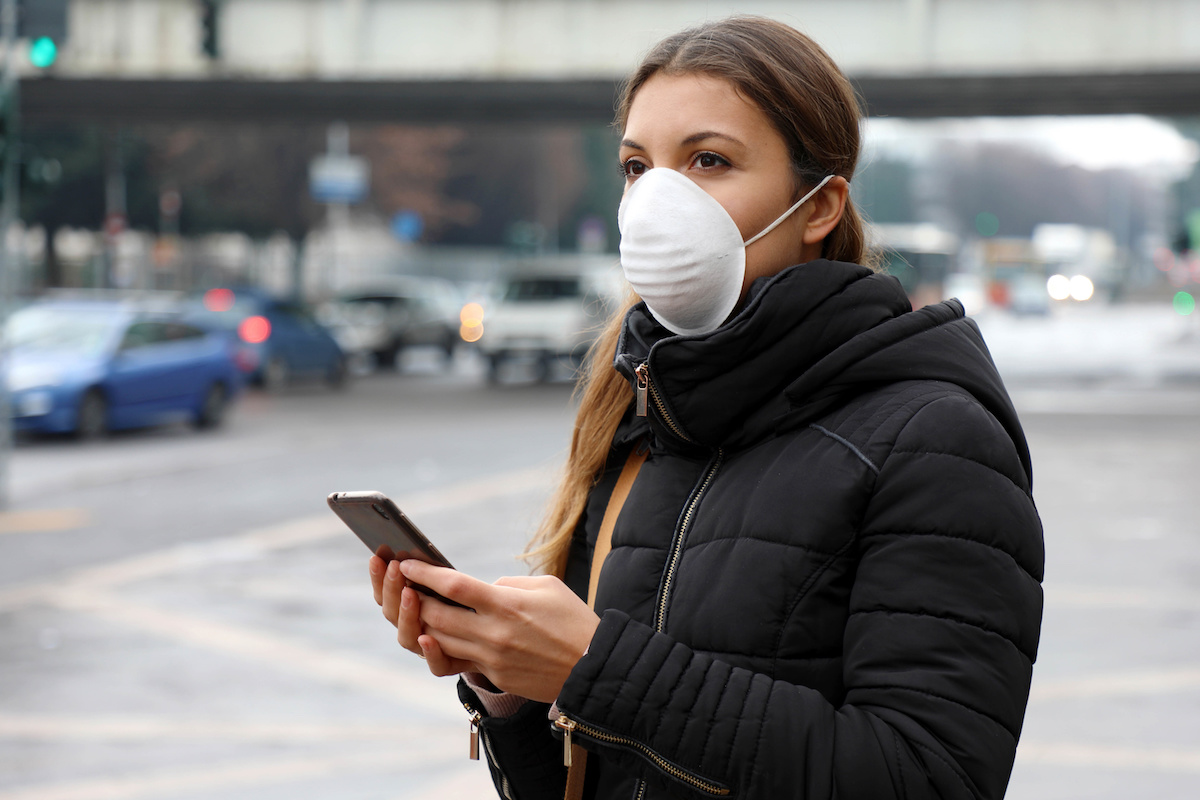Return to ‘The Unheavenly City’
“This book will probably strike many readers as the work of an ill-tempered and mean-spirited fellow,” Banfield explained, “but facts are facts, however, unpleasant, and they have to be faced unblinkingly by anyone who really wants to improve matters in the cities.”
Towards a Better Urbanism
The core city will retain its appeal, but to stay safe, “social distancing” will likely curtail the once boisterous streetscape with its capacity for casual contacts, unique shops, and restaurants.
Tara Reade's Dubious Claims and Shifting Stories Show the Limits of #BelieveWomen
If Reade’s claims really do sink Biden in November, the Democrats will merely be reaping what their moral panic has sowed.
PODCAST 90: John Lloyd on the Geopolitical Fall-Out From the Coronavirus Crisis
John Lloyd, co-founder of the Reuters Institute for the Study of Journalism at Oxford, talks to Toby Young about the geopolitical fall-out from the coronavirus crisis. Will the Conservatives win the next UK election? Can the EU recover its authority? And is this China’s Chernobyl? John recently wrote about
Life With the Muslim Brotherhood: One Woman's Story
“It’s like the story of the boiling frog,” she says. “The water gets warmer and warmer and she always tells herself she can jump out any time."
Sweden Has Resisted a Lockdown. But That Doesn't Make it a Bastion of Liberty
Its choice of a uniquely lax approach to the pandemic should not be mistaken for a sudden turn toward individual freedom.
New Title IX Regulations Protect the Innocent
Much of the criticism of the regulations centers around the requirement for cross-examination, which the critics believe will deter victims from coming forward.
COVID-19 and the Normalization of Mass Surveillance
A culture war over privacy looms.
After the Virus: The Way We Live Next
Much of the prognostication about the future’s outlines, especially the more dire forecasts, assume that we will change, or be changed, greatly. But will we?
Enough With the Phoney 'Lockdown' Debate
It’s been fuelled, on both sides, by the presumption that government decrees work as a sort of magic wand that will bring our economies (and perhaps the most acute phase of the pandemic) back to life.
COVID-19 Conspiracists and Their Discontents
The mind abhors a vacuum of explanation. So when gaps in knowledge open up, the empty spaces are filled with available explanations that, however implausible, seem morally compelling.
The Case for a Mandatory COVID-19 App
Given a choice between closing the mall to everyone or opening it and refusing entry to a few with an alert on their app, which is better?
The Age of the Homebody Has Only Begun
The bar for opening the door and going outside is simply going to be set much higher.
Barney Rosset and the Unending Struggle to Read Freely
It is by now a familiar truism that the Internet—and social media, in particular—has awarded the intolerant, the narrow-minded, and the censorious unprecedented power. To this challenge from below, publishers have, by and large, responded with dismaying timidity. Large multinational publishing firms have hastily withdrawn controversial titles and




